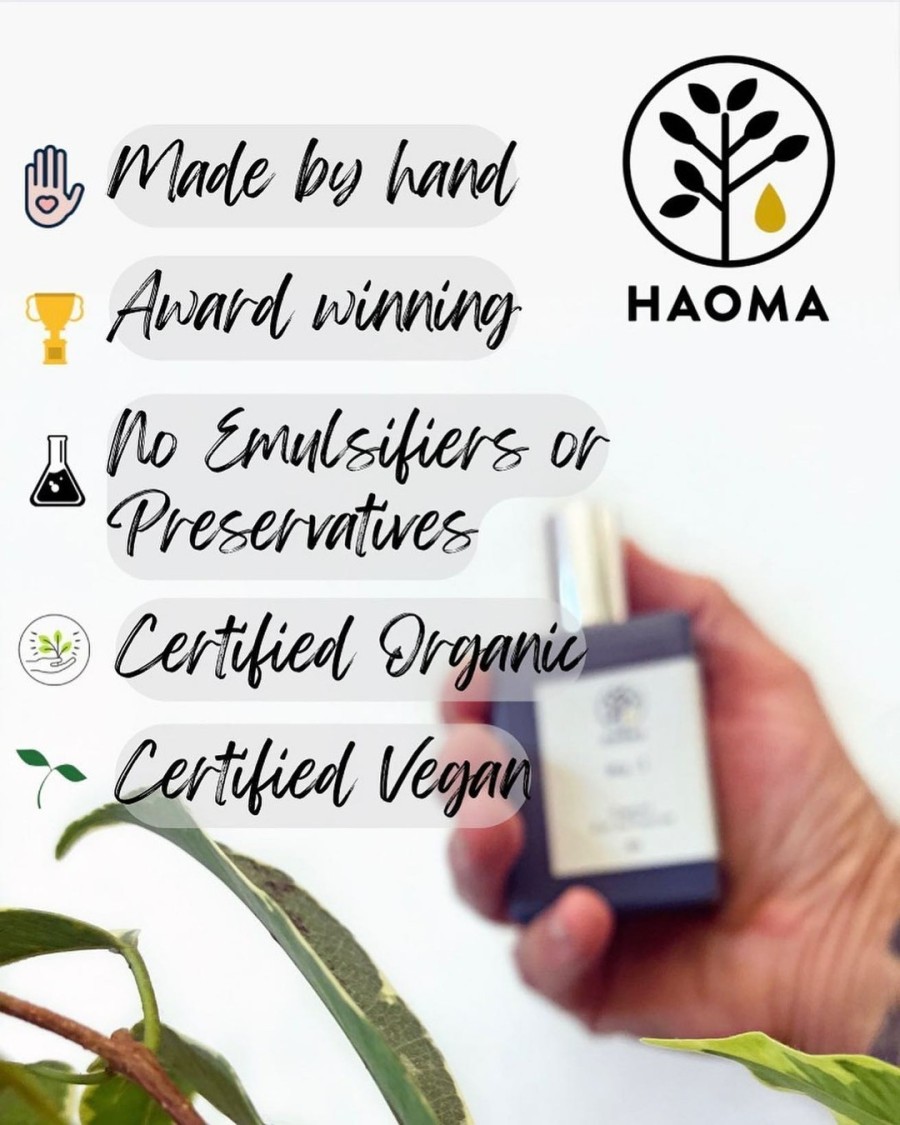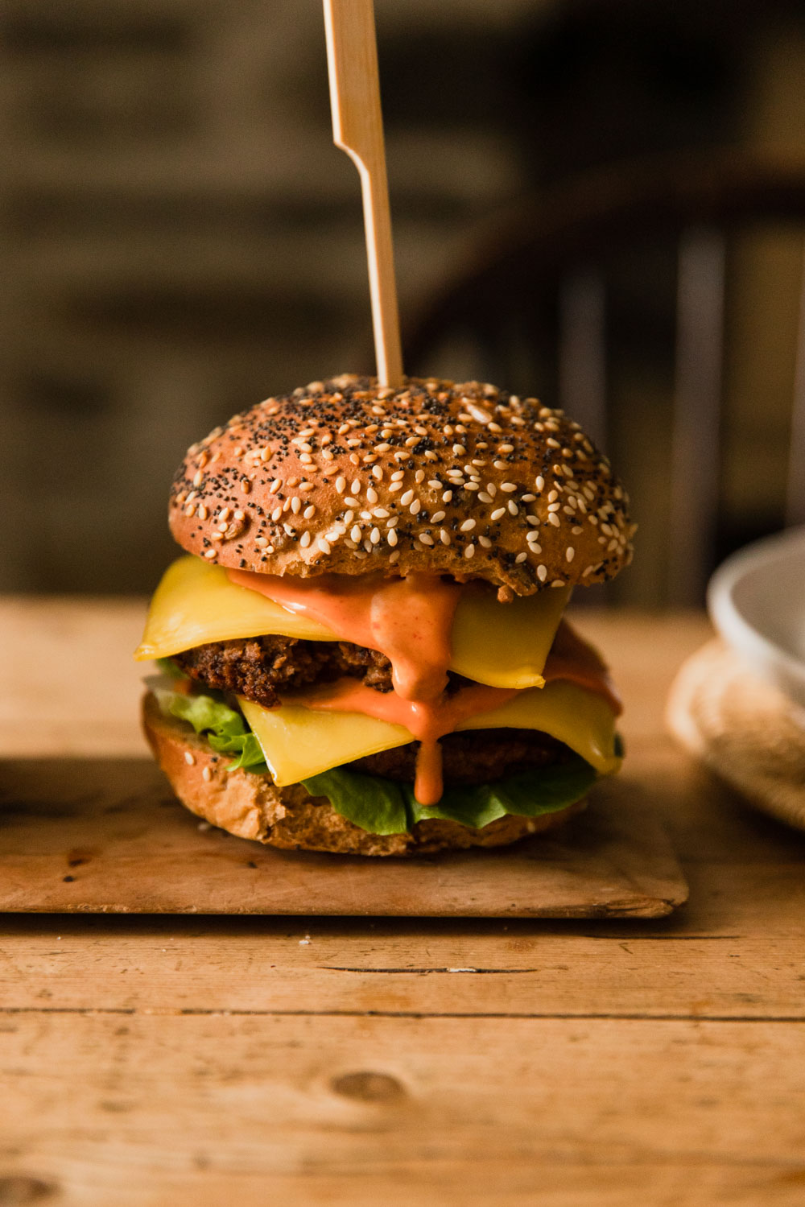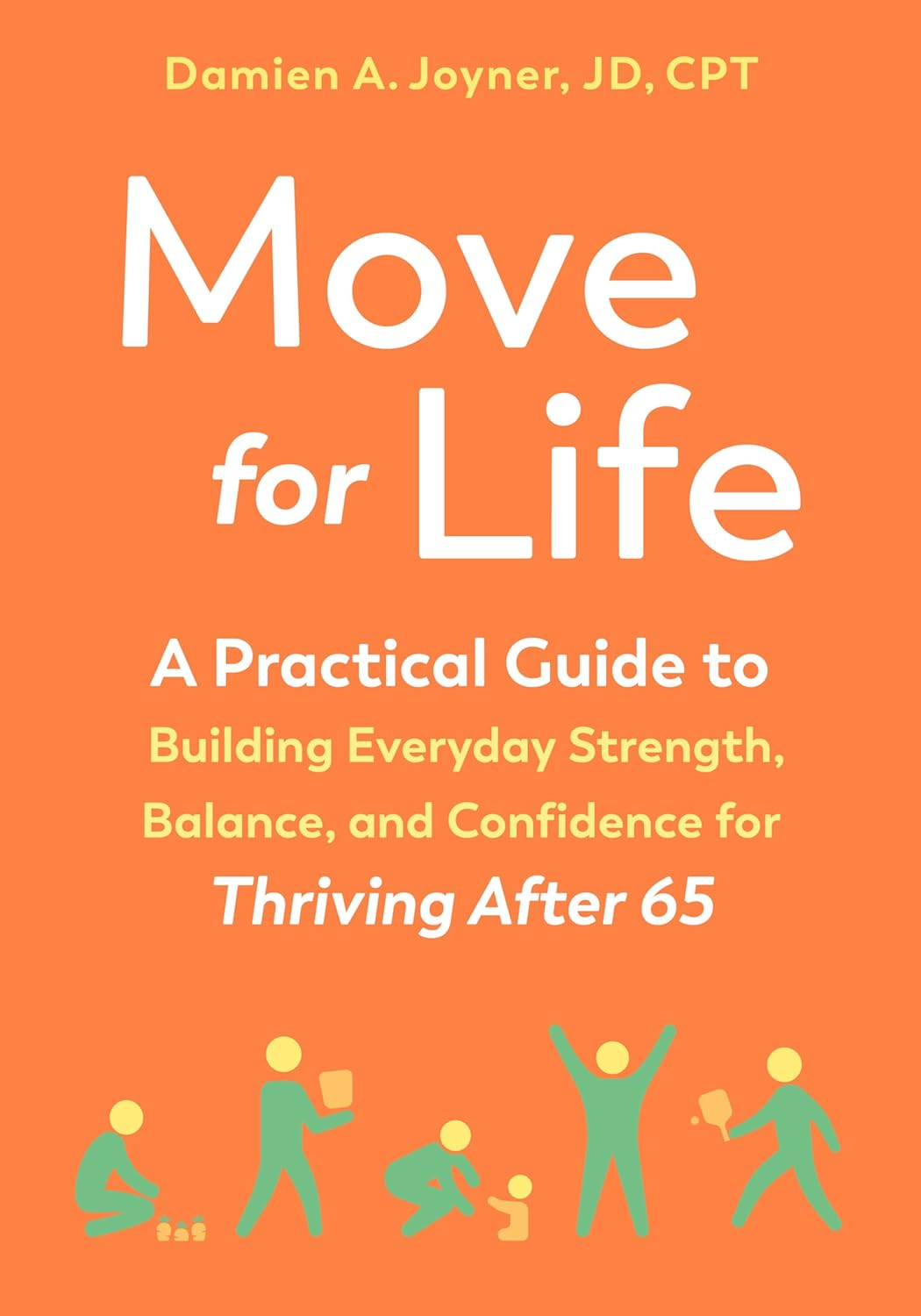Choose Natural Vegan Perfumes and Cologne

Interest in organic, natural, vegan perfumes is booming. More people are moving away from conventional scents due to concern for health, planet, and animal welfare. Strong synthetic fragrances, unclear labelling, and hidden animal ingredients leave a bad after-scent for many shoppers.
Organic, vegan, natural perfumes offer a cleaner, more honest way to buy fragrance. These scents are kind to animals, don’t rely on fossil-fuel-derived synthetics, and often come in smarter, less wasteful packaging. The benefits stretch far beyond the bottle.
Never spray scent near babies or pets, and air rooms before allowing them back in. Avoid wearing scent at night, if pets sleep on your bed. Same with incense.
Nor use cocoa solid perfumes near pets, in case they lick your skin (same with sun creams that contain zinc/titanium dioxide).
The Problems with Conventional Perfumes
Conventional perfumes have long dominated beauty shelves, but dig a little deeper and many problems rise to the surface. Hidden animal ingredients, unpronounceable chemicals, and confusing packaging make it hard to shop according to your values.
Pricing can be needlessly high, even for basic blends. Many brands also skip transparency, leaving buyers unsure of what they’re really spraying.
Synthetic fragrances can bring on allergies, skin irritation, and headaches. The term ‘fragrance’ or ‘parfum’ on a label could mask dozens of chemicals, some of which may be triggers for asthma or skin conditions. Children and pets are especially sensitive, sometimes reacting to lingering sprays on skin or furniture.
Natural perfumes, built from plant oils and pure extracts, cut down on risky chemicals. They don’t solve every allergy issue, but often use fewer irritants and avoid harsh synthetics entirely. Chanel No 5 (the world’s best-selling fragrance) uses synthetic ‘parfum’. It’s all marketing.
Animal Ingredients and Animal Testing
Many traditional perfumes are still made with animal ingredients:
- Civet is from the glands of an Asian wild cat
- Castoreum (also used in ‘fake vanilla’) is from beavers
- Castoreum is from beavers
- Musk is from a tiny Siberian deer
- Hyraceum is from an African guinea pig
- Ambergris is from ‘whale poop’
- Some perfumes use beeswax
- Others use animal-derived fixatives
Ensure Plants are Sustainably-Harvested
Avoid perfumes with rosewood oil (from a wild Amazonian endangered tree (environmentalists say to avoid it, until numbers recover (but lax labelling laws, means scents don’t have to list if they contain it).
These wild trees are also home to many endangered species of birds and wildlife too. Sandalwood and frankincense must also carry guarantees of sustainable harvesting.
Eucalyptus is another oil that you have to be careful with. These trees are home to koala bears, and some people in Australia use chainsaws to harvest the trees, without thought to these beautiful gentle marsupials.
These trees are also very flammable, so there are concerns if planted in mono-cultures. Portugal and Spain have already banned new plantations (the trees are also used to grow fabric for tencel fabric), due to wildfires.
Organic, vegan, natural perfumes offer a cleaner, more honest way to buy fragrance. These scents are kind to animals, don’t rely on fossil-fuel-derived synthetics, and often come in smarter, less wasteful packaging. The benefits stretch far beyond the bottle.
Handmade Organic Perfumes from Sussex

Corin Craft offers nice handmade organic perfumes from Sussex. Also in small atomisers for more affordability, the range includes:
- Rose Absolute
- Ylang Ylang & Jasmine
- Patchouli & Orange Blossom
- Crushed Black Pepper & Sweet Orange
Haoma (a best-selling organic vegan perfume)

Haoma (use code englandnaturally for 10% discount) is one of England’s nicest organic vegan perfumes, made with a blend of unique botanicals, sold in beautiful frosted glass bottles.
The signature fragrance of Haoma No.1 is suitable for men and women, which blends florals, woody and citrus notes. It uses natural resins and balsams to lock in scents, and is blended in small batches, to keep quality high.
You can also choose eau de parfums in other scents:
- Orange (citrus)
- Frankincense & Myrrh
- Lavender (relaxing)
- Ylang Ylang (floral)
Organic Vegan Perfume in Roll-on Bottles

Pearl’s Organic Vegan Perfumes are sold in 5ml roll-on glass bottles, made with coconut oil and organic essential oils. In several scents, these are ideal for travel, or a more affordable way (under £10) to choose a nice sustainable scent or cologne.
Jojoba Oil Organic Scents from London

Ink and Ocean Botanicals is a London scent brand, which offers natural jojoba oil-based organic scents in glass bottles, plus organic solid perfumes in glass jars.
Formulated by a qualified aromatherapist, click the ‘perfume’ category to the left on the Etsy shop link, to find dozens of options.

The range includes Jardin de Papillon, which is like ‘walking into a summer garden’, with top notes of lavender and bergamot, middle notes of magnolia and ylang ylang, and end notes of earthy sandalwood and vetiver.
Also in a wildflower scent, with notes of fresh mint, lavender and chamomile, middle notes of rose and ylang ylang and base notes of cedarwood and patchouli.
Solid perfumes are popular, as they don’t spill and are good for travel, like taking through airport security that now bans some liquid in bottles. The waxy base also holds scent longer.
Others also don’t have to ‘walk through a cloud of scented mist’, even if you like to! They are also more affordable, as you are not ‘spraying scent into the air’, that just gets wasted.
Neal’s Yard Organic Perfume Bottles

Neal’s Yard Remedies offers a nice organic perfume, with top notes of lime, neroli, bergamot and pink pepper, middle notes of frankincense, lavender and Spanish marjoram and base notes of patchouli, vetiver and myrrh.
Sustainable frankincense oil uses special tools to cut the bark from trees that are not damaged, to collect resin that is hardened into ‘tears’, then steam-distilled.
Handmade Scent Sticks from Cornwall

Scence makes handmade stick scents near Falmouth (Cornwall), in a solar-powered factory. Made with organic coconut oil and sunflower seed wax (along with natural fragrance oils), these are sold in compostable packaging, in 3 scents.
Free from palm oil, this perfume will soften at 30 degrees, but firm up again once cooled. Use within 24 months of purchase. Choose from:
- Avante (vanilla and rose)
- Boho (sandalwood and clary sage)
- Zest (sandalwood and lemon)
How to Dispose of Old Perfumes Responsibly
Don’t just pour old perfumes down the drain. These scents may contain alcohol or oils that harm wildlife and water systems.
Responsible disposal tips:
- Use up as much of the product as possible.
- Give away or donate gently used perfumes to friends.
- Recycle glass bottles and packaging according to local rules.
- For full bottles, take to a hazardous waste facility.
Every little step keeps chemicals out of landfills and waterways.






